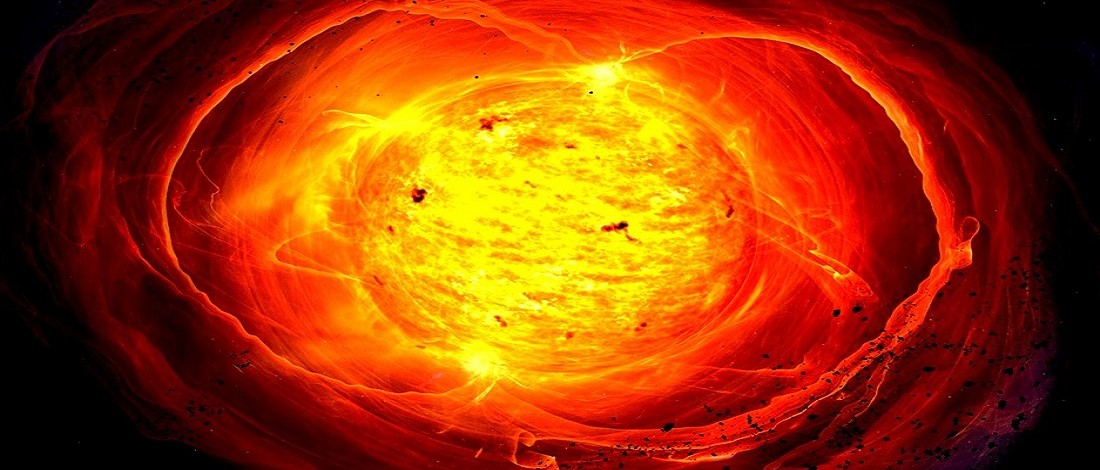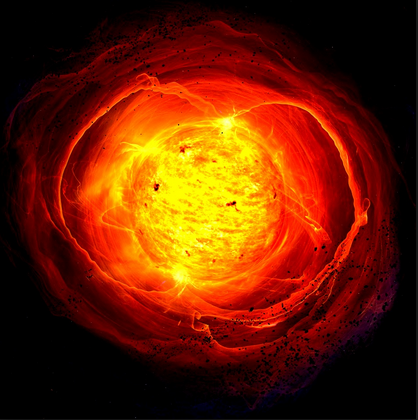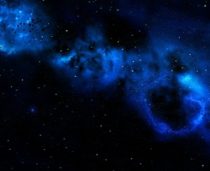Lifespan of The Universe
What is the lifespan of the universe? Does it really have a lifespan? What can we say is a reasonable approach to seeing the universe as a living being with a beginning and an end? Is it an individual identity or perhaps will it continue to recreate itself?
In the beginning, there was a release of particles and all matter of subatomic materials. As we have seen from every level of existence, there was a spiral, and within that spiral are smaller spirals, like little spinning eddies, that drew these particles close enough together to heat up and form the first atoms.
The heat continued, and many of these currents drew in more and more material and became hotter and hotter until they were like the crucibles of matter. They bonded together to form stars. These first stars burned only the smallest types of matter because that’s all there was at that time.
When these stars imploded or exploded, they formed heavier material of atoms. Helium and hydrogen were the first. Then heavier and heavier as generations of stars burned, these new atoms that resulted in stars then produced even heavier atoms like iron and uranium. Those metals are needed for the double coil of DNA to become the force of consciousness. This then manipulates the arrangement of these atoms to create from its imagination a new world.
It is known that the universe is expanding, but a frequent question is whether or not this expansion will continue indefinitely. Current signs indicate that not only is expansion occurring. It is happening at an accelerating rate. This can be blamed on a universe-wide negative pressure, referred to as dark energy. This was first formulated by Einstein.
If the universe continues expanding for a very long time, eventually galactic superclusters will rip apart. This would be followed by local clusters, galaxies themselves, and eventually individual stars and atoms.
Can we prolong our existence? Can we expand the lifespan of the universe?











